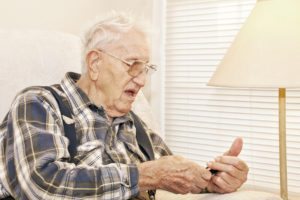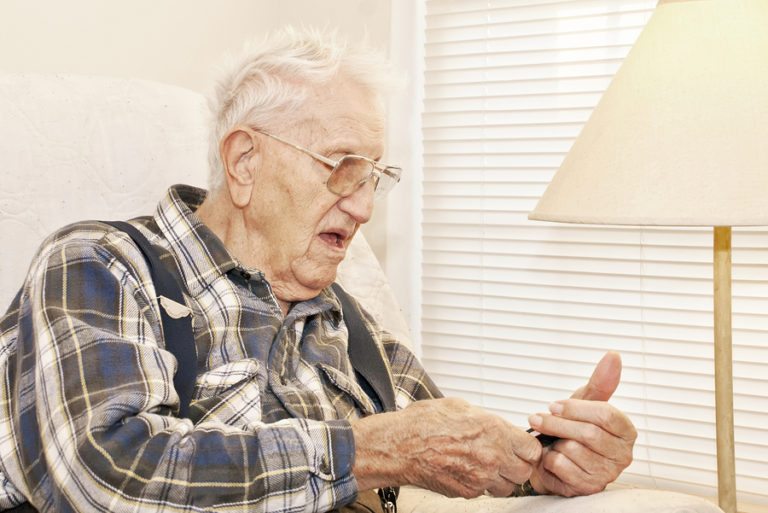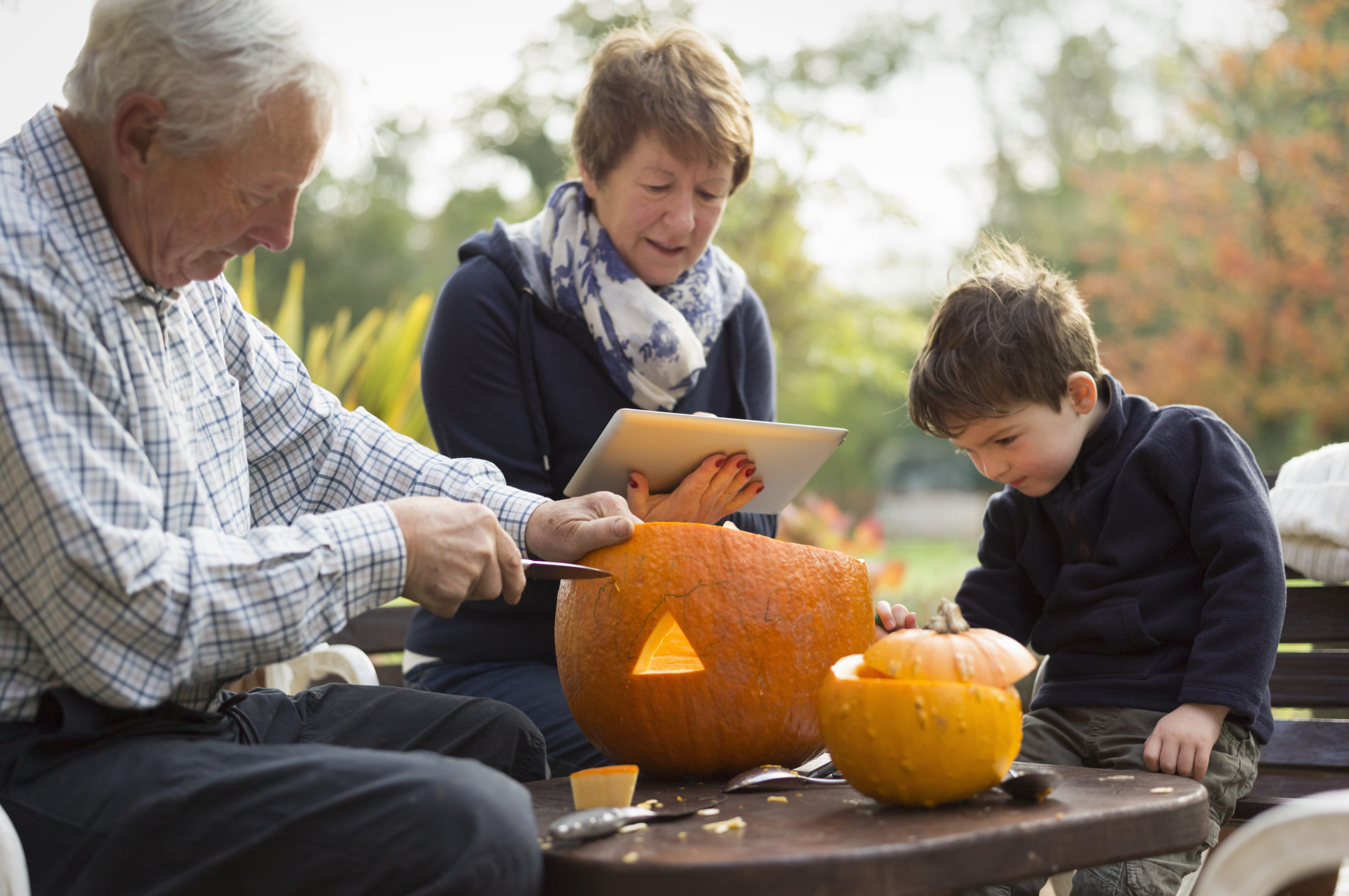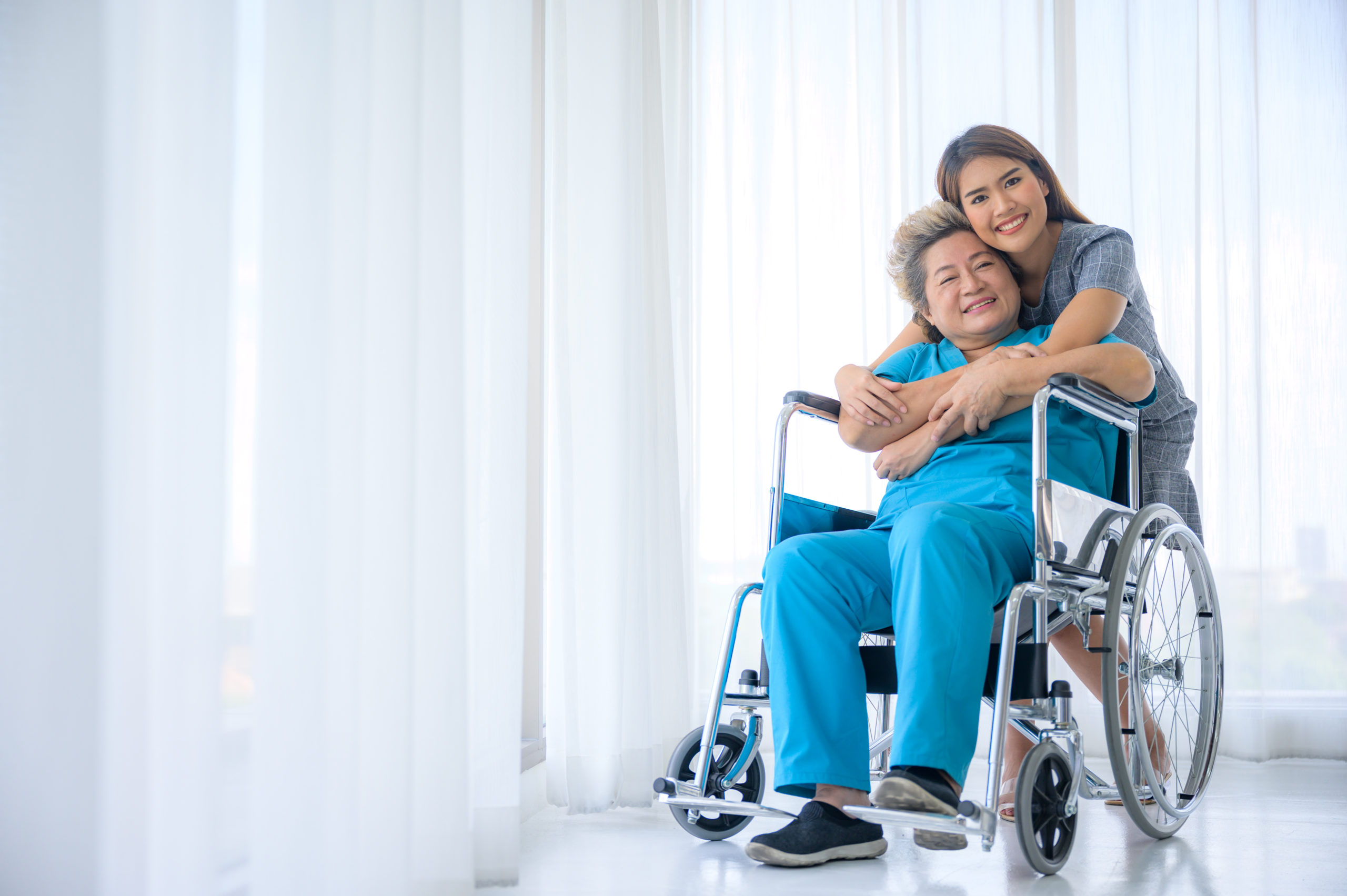More and more caregivers live far away from their aging adults these days and it doesn’t have to be as complicated as it feels. Some of these steps are ones you can take before your elderly family member needs much in the way of extra help so that you’re ready.

Keep the Lines of Communication Open
The better the communication system that you and your aging adult have established, the easier your caregiving journey is going to be. If you don’t already have a system in place, it’s time to change that. Your system can be as simple as having a phone conversation once a week, but you need to establish what you each expect in this regard.
Contact Medical Providers
If you’ve never met your senior’s medical providers, it’s time to do that as well. Let them know that you’re helping your aging adult and how you’re making that happen. If you have a medical power of attorney, they may be able to share additional information with you more regularly.
Check in with Friends and Neighbors
Friends, neighbors, and other family members can be the keys to helping this long-distance caregiving thing work. Check in with them and see if they’re willing to be there for your elderly family member in an emergency or on short notice. If they’re not, that’s okay because you still have options.
Hire Home Care Services Providers
There’s probably a reason that you’re the primary caregiver for your aging adult, even though you’re far away. The reason might be because there aren’t friends and family near your senior or the people who are there can’t help her very much. Hiring home care services providers gives you someone who is right there with your senior and can update you regularly. Your senior has someone available right there who can help as needed.
Visit When You Can to See the Situation in Person
No matter how many people are there to help your senior in person, you do still need to have visibility to what is going on. As you can, make sure to set aside time to spend with your aging adult and get to the bottom of what her challenges and needs are so you can get to work addressing them.
You may need to work out several different contingency plans to make sure that you can be the caregiver you want to be and still take care of your own life and responsibilities far away.






